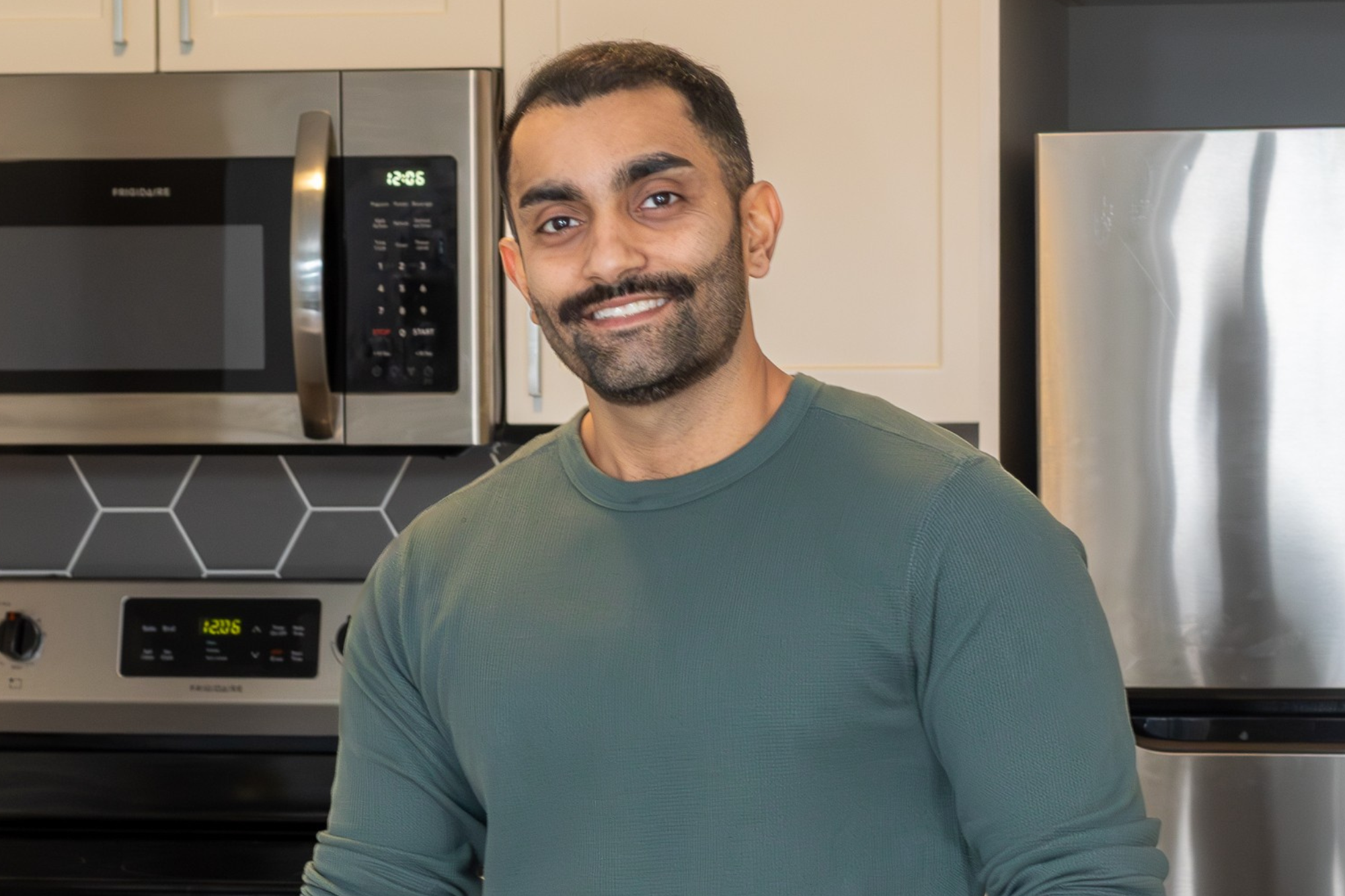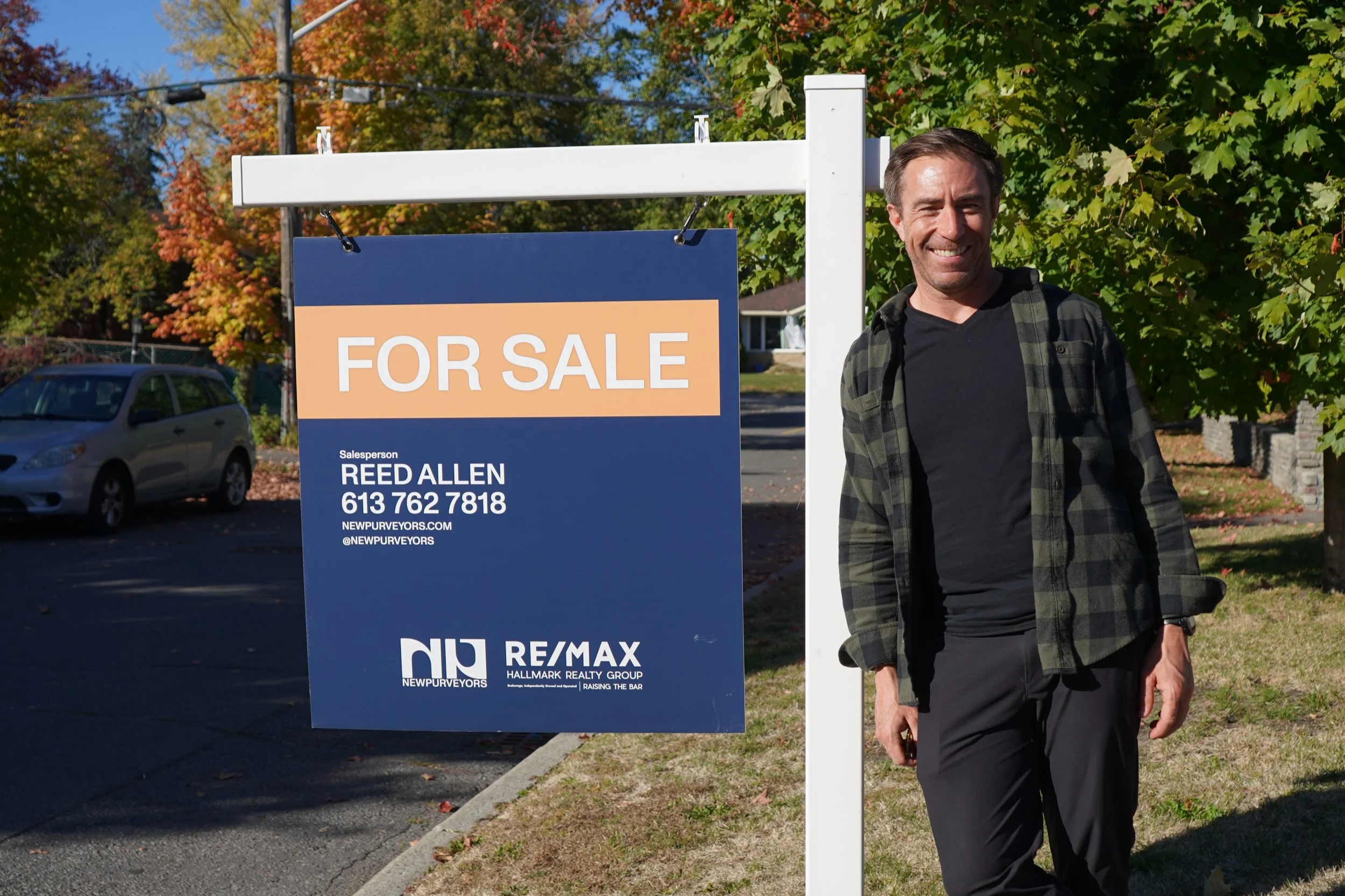10 Hidden Costs Most Ottawa Homebuyers Miss — And How to Budget Smart
Buying your first home (or even your next one) in Ottawa can feel like a straightforward equation: down payment, mortgage, and monthly bills. But the reality is that there are several extra costs—some obvious, others easy to miss—that can add up quickly. Understanding these hidden expenses early on can save you from surprises and help you buy with confidence.
Here are ten hidden costs most homebuyers in Ottawa overlook, and how to prepare for them.
1. Legal and closing fees
Beyond your down payment, you’ll need to budget for closing costs such as your lawyer or notary, title searches, title insurance, and the Ontario land transfer tax. You may also have to cover adjustments for prepaid property taxes, utilities, or condo fees. A good rule of thumb is to set aside two to four percent of the purchase price for closing costs alone.
2. Home inspection and specialized checks
Even in competitive markets, skipping the inspection is risky. A certified home inspection can reveal costly issues like foundation cracks, aging plumbing, or outdated electrical systems. If you’re buying an older home—a common find in Ottawa’s core neighbourhoods—consider extra inspections for the roof, furnace, or foundation to avoid surprises down the road.
3. Immediate repairs and upgrades
That “move-in ready” home might still need attention. Small repairs, appliance replacements, and upgrades can easily total thousands of dollars. Even something as simple as changing light fixtures, repainting, or replacing worn flooring adds up fast. Having a small repair fund ready before you move in can make all the difference.
4. Utility and operating costs
It’s not just the mortgage payment that matters—your ongoing costs can vary dramatically depending on the age, size, and efficiency of your home. Older homes in areas like the Glebe or Westboro may have charming character, but also higher heating bills, especially during Ottawa winters. Compare past utility bills or ask your real estate agent for averages before finalizing your budget.
5. Condo or community fees
If you’re buying a condo or a townhouse within a managed community, you’ll likely pay monthly fees for maintenance, snow removal, landscaping, and amenities. While they simplify upkeep, they’re an ongoing cost that can impact affordability. Always review the condo’s financial statements and reserve fund to ensure it’s well-managed and not due for major increases.
6. Moving and transition costs
Moving day often costs more than people expect. Professional movers, rental trucks, packing supplies, temporary storage, and even cleaning your old place all add up. If your move-in and move-out dates don’t align perfectly, you might also face short-term rental or hotel expenses.
7. Property taxes and insurance increases
Your monthly costs don’t end at utilities. Property taxes in Ottawa can change year to year, and insurance premiums can rise based on the home’s age, renovations, or even proximity to flood zones. Always verify the property’s current assessment and check what your new insurance premium will be before closing.
8. Personalization and renovations
Even when a home checks every box, you’ll probably want to make it your own. That might mean new paint, custom window coverings, landscaping, or cosmetic updates. Many buyers set aside five to ten percent of their home’s value for personalization projects in the first year.
9. Interest rate and mortgage flexibility
If you’re buying with a variable or adjustable-rate mortgage, it’s important to budget for potential increases. Even a one-percent rise in interest rates can shift your monthly payment by hundreds of dollars. Plan ahead so you’re comfortable if rates fluctuate before renewal time.
10. Future resale and maintenance planning
Your budget shouldn’t stop at possession day. All homes need ongoing care—roof replacements, driveway sealing, furnace tune-ups, and landscaping. A smart rule of thumb is to set aside one to three percent of your home’s value each year for maintenance. It helps preserve your property’s value and makes resale smoother when the time comes.
How to Build a Smarter Home Budget
Start with your comfort zone. Aim to keep your total monthly housing costs (mortgage, utilities, taxes, and maintenance) below 35% of your gross monthly income.
Build a one-time move-in fund. Save three to five percent of your purchase price for closing and setup costs.
Create an annual buffer. Keep one to three percent of your home’s value aside each year for maintenance and repairs.
Review yearly. Once you’ve lived in your home for a year, compare your actual expenses against your budget and adjust as needed.
Buying in Ottawa: Preparation Pays Off
Ottawa remains one of Canada’s most stable and desirable housing markets, known for its strong employment base, balanced neighbourhoods, and exceptional quality of life. By planning for the hidden costs before they appear, you’ll not only protect your finances but also set yourself up to truly enjoy your new home and community.
At the end of the day, buying a home in Ottawa isn’t just about the property—it’s about the lifestyle, the neighbourhood, and the peace of mind that comes from being prepared.
If you’re ready to start exploring homes with a clear budget in mind, reach out anytime. We’re more than real estate—we’re part of the neighbourhood.




























